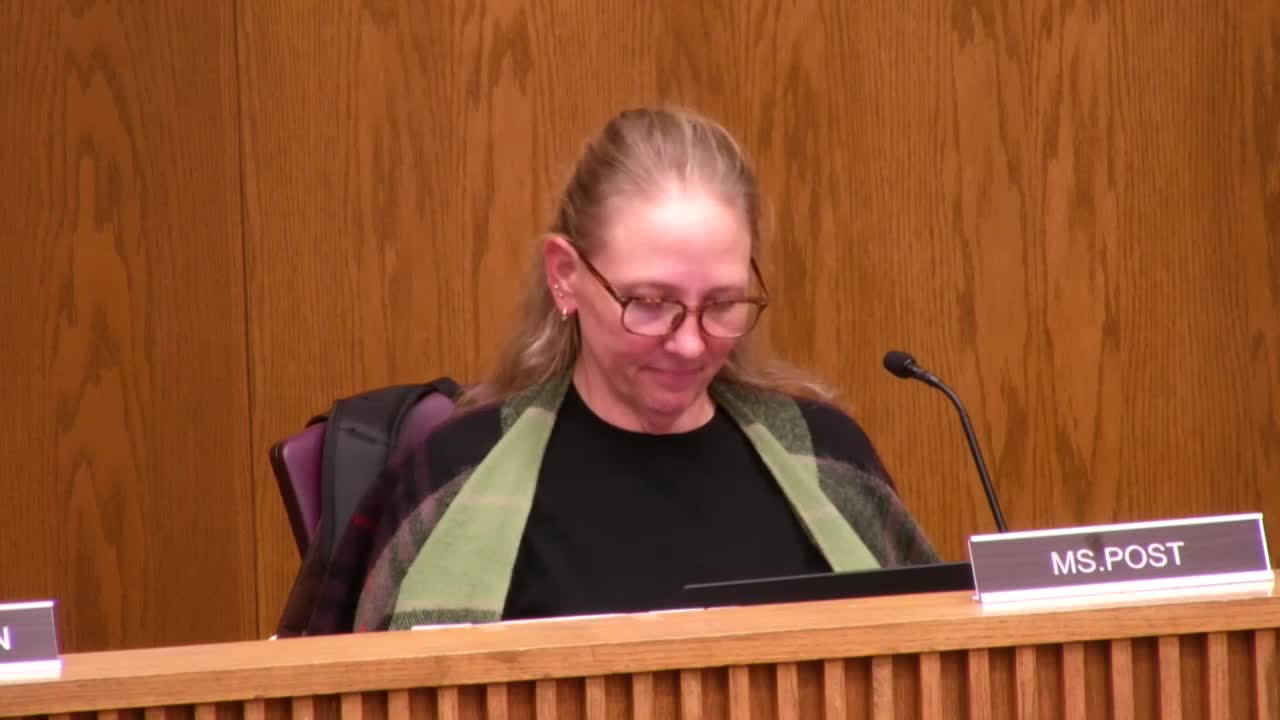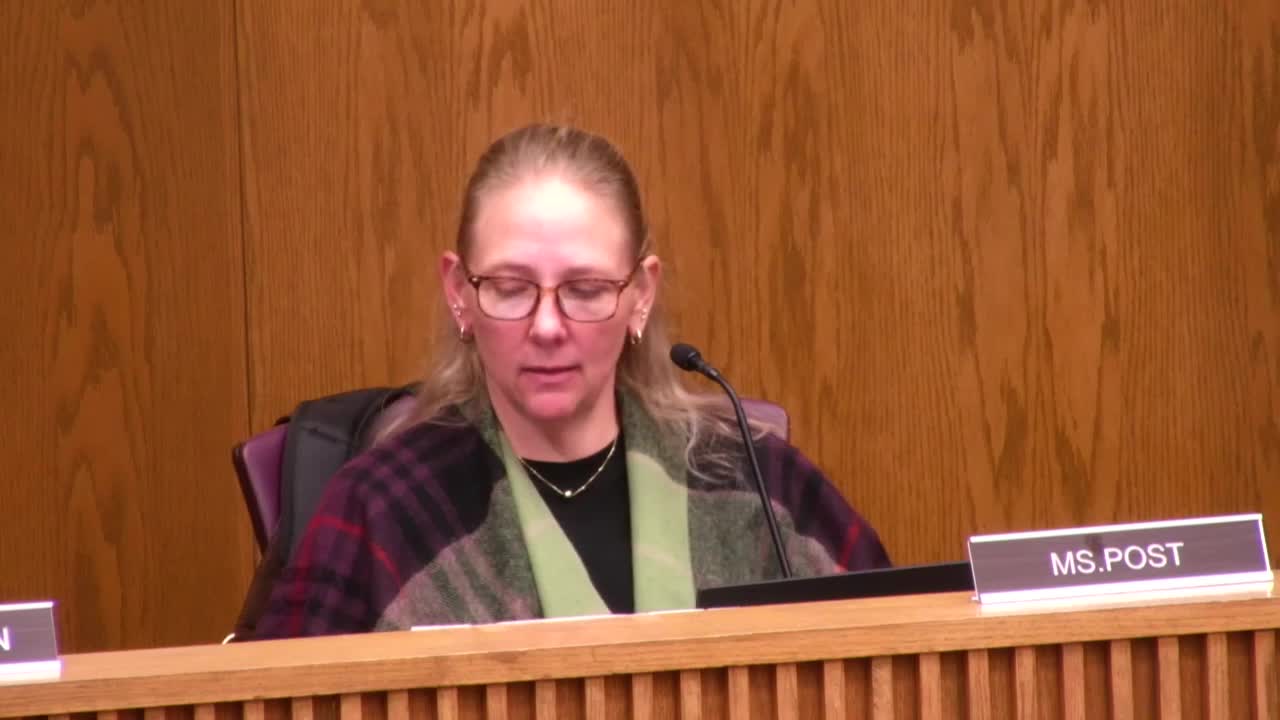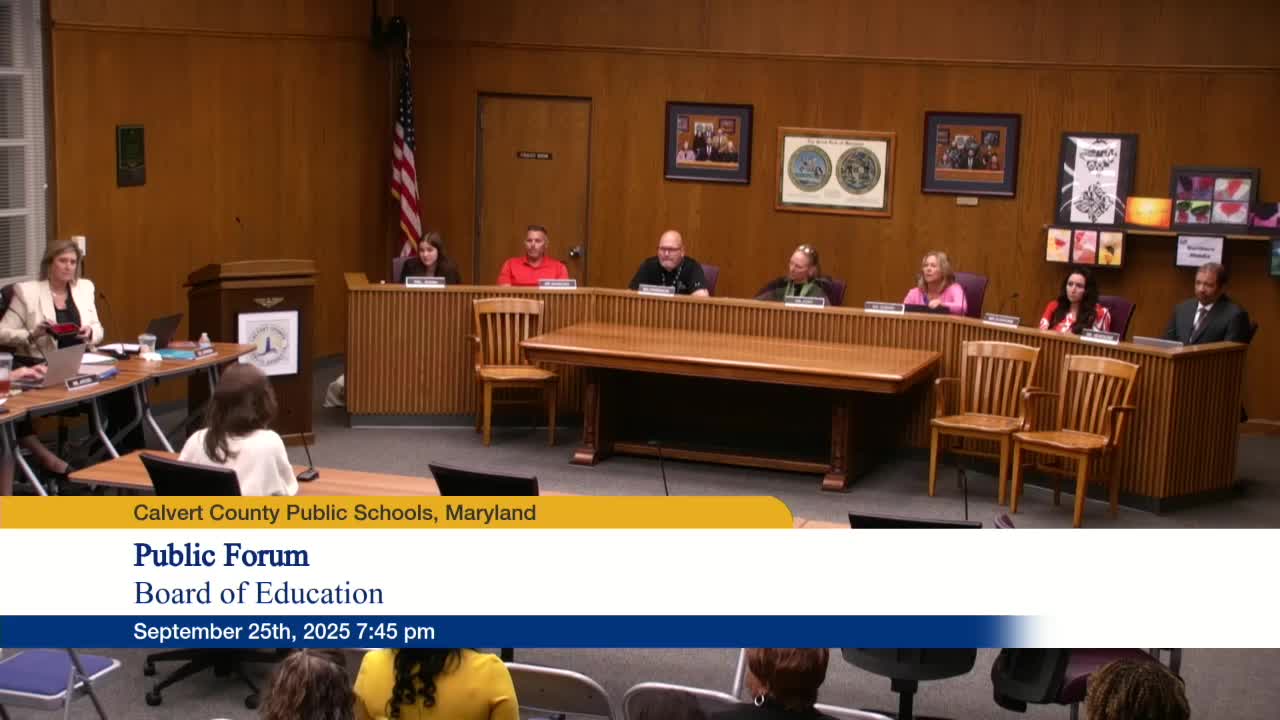Article not found
This article is no longer available. But don't worry—we've gathered other articles that discuss the same topic.

Calvert schools outline response to Maryland's new math policy after mixed MCAP results

Calvert County accepts $95,000 donation to modernize Arthur Stohr Planetarium; board approves $94,074 purchase

Calvert County schools approve $237,523 districtwide Zendesk help‑desk contract

